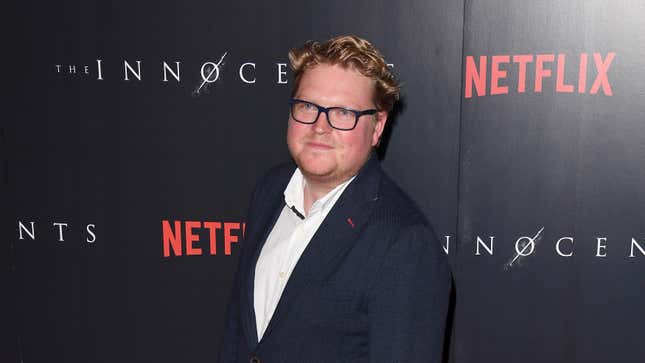Production Company Behind The Crown Reportedly Expected Woman Employees to Keep Sexual Assault a Secret
Two employees say they were attacked in the edit suites of Left Bank Pictures and the company protected their assaulter, Chris Croucher
EntertainmentTV

There are myriad reasons it is completely ridiculous to say that a person has reported being sexually assaulted “for attention,” and chief among them is the fact that, in work-related harassment incidents, higher-ups will generally go to astonishing lengths to make sure absolutely no one finds out that they employ at least one dirtbag and a whole cadre of flunkies to protect these dirtbags.
For example, two employees at Left Bank Pictures, which is responsible for The Crown, say that they were working on the Netflix series White Lines, when some truly horrific shit went down. After a work party, freelancer Holly Bourdillon says she was attacked in an edit room at the London Left Bank offices by her boss, executive producer Chris Croucher, according to The Guardian:
-

-

-

-

-

-

-

-

-

-

-

-

-

-

-

-

-

-

-

-

-

-

-

-

-

-

-

-

-

-

-

-

-

-

-

-

-

-

-

-








































